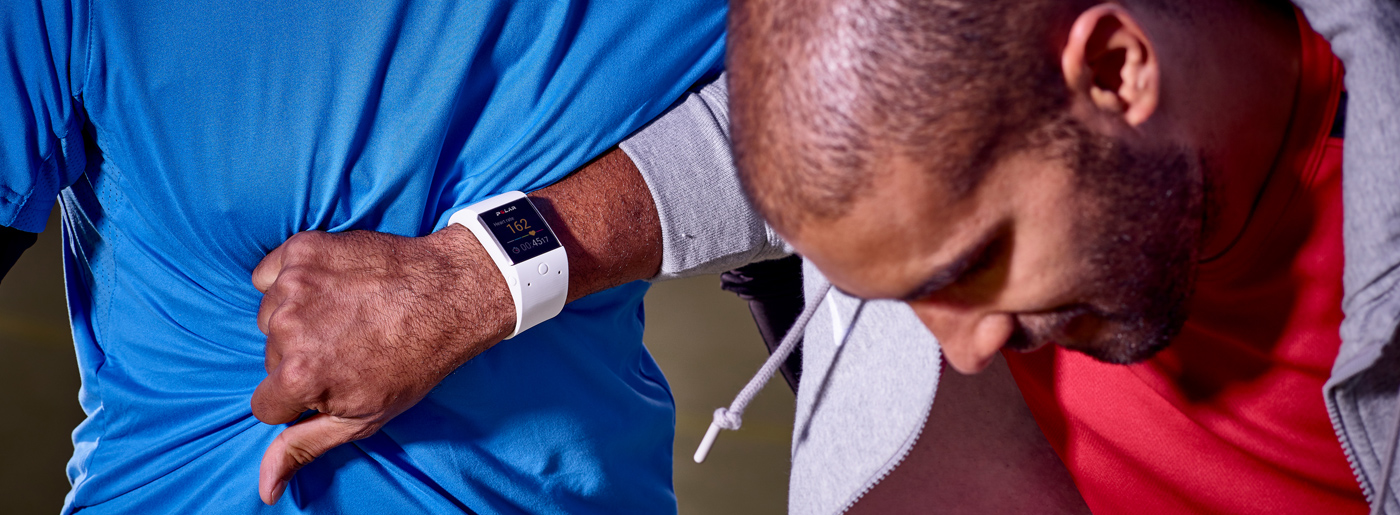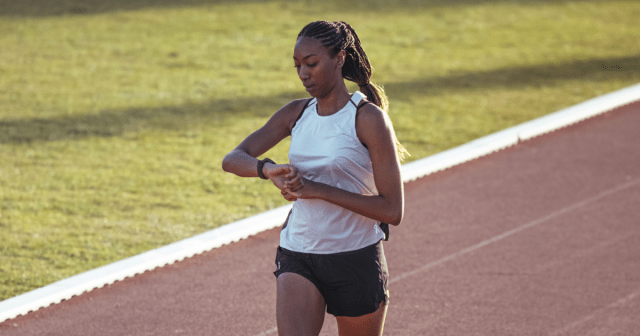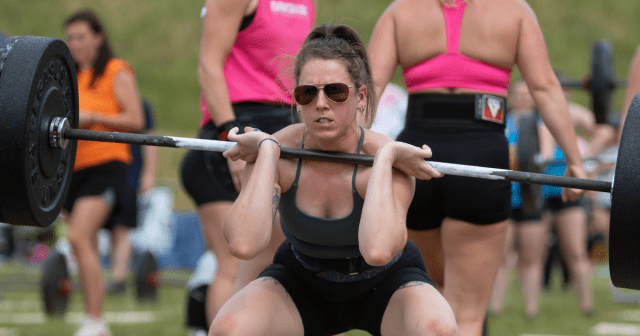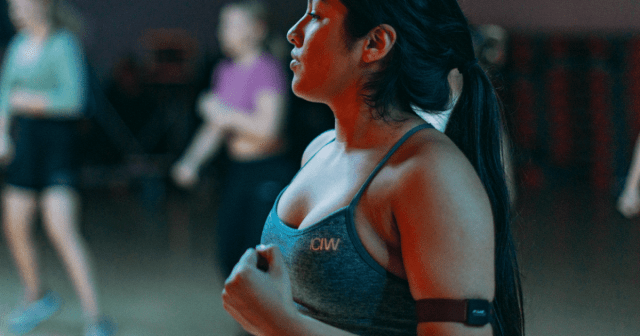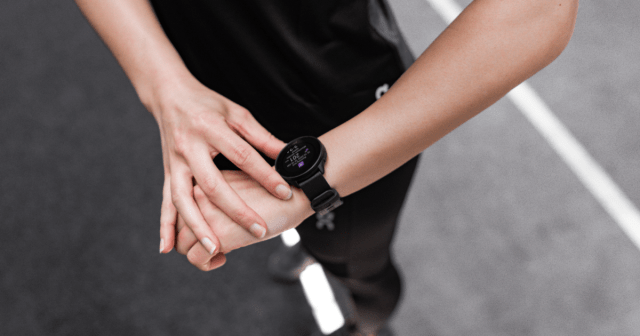The scene: You’re at your favorite boot-camp class, and you’ve made it through the five-minute warm-up. You realize it’s only been a few minutes, but you’ve already started to perspire. Everyone in class seems to be working equally hard, but the guy to your left doesn’t have so much as a single hair out of place, while the guy to your right has already soaked through his T-shirt – and the woman behind you is huffing and puffing, but appears totally dry.
An average person sweats between 0.8 to 1.4 liters – that’s roughly 27.4 to 47.3 oz. – per hour during exercise. (Of course, then there’s Alberto Salazar, who boasted the highest recorded sweat rate for an athlete in an exercise situation while training for the 1984 Summer Olympics, topping out at 3.7 liters per hour!) So where does your sweat rate stack up – and are you normal? Dr. Craig Feuerman, Medical Director at City Sports Medicine, is here to break it down.
When people use the term sweat rate, what are they actually talking about?
“They’re talking about calculating how much fluid is lost through sweating during exercise. Sweating is a very important thermoregulatory defense of our bodies to prevent overheating and associated heat-related illnesses.
It can be important to monitor fluid losses with rigorous exercise to prevent plasma volume depletion in the body. Plasma volume depletion can adversely affect exercise performance if the heart doesn’t have enough output to feed the working muscles. The heart would then have to speed up to maintain the same exercise intensity.
Also, loss of plasma volume leads to less efficient cooling systems in our bodies, which can be dangerous.”
How can an athlete calculate his or her sweat rate?
“There are simple calculations to guesstimate fluid loss during exercising for one hour. This involves measuring weight pre- and post-exercise to calculate any weight loss, and is best done without clothes on. Keep track of any fluid intake throughout your workout, and convert the weight loss to fluid ounces or milliliters. (1 kg equals 1000mL of sweat.) Add the fluid lost to fluid consumed during exercise to determine the sweat rate in one hour of exercise. Finally, to determine how much to drink every 15 minutes while exercising, divide that number by four.”
But isn’t temperature a factor?
“Yes! Temperature can greatly affect our sweat rates. If our bodies heat up too much while exercising, sweating is the most efficient way to cool down. This creates a cooling effect on the body when we perspire. Environmental conditions can affect our abilities to sweat or need to sweat as much. This includes different climates, humid vs. dry heat, as well as wind conditions. It’s important to control the things you can control: Ensuring acclimation to the environment as well as adequate conditioning can prevent heat-related illnesses, and wearing proper clothing while exercising to prevent overheating is crucial.”
Is how much you sweat indicative of your overall health? Do fit people tend to sweat more or less than their less-fit counterparts?
“Sweat is not indicative of overall health. Sweating is a normal physiologic process. Genetics play a role in how much you sweat, but so does acclimating to climate and proper conditioning.”
What should athletes understand about hydration, and do hydration needs vary based on temperature?
“Proper hydration is extremely important with exercise to prevent dehydration. Dehydration reduces endurance exercise performance, decreases time to exhaustion, and increases heat storage, according to the American College of Sports Medicine.”
If you liked this post, don’t forget to share so that others can find it, too.
Or give it a thumbs up!
I like this article
Please note that the information provided in the Polar Blog articles cannot replace individual advice from health professionals. Please consult your physician before starting a new fitness program.
